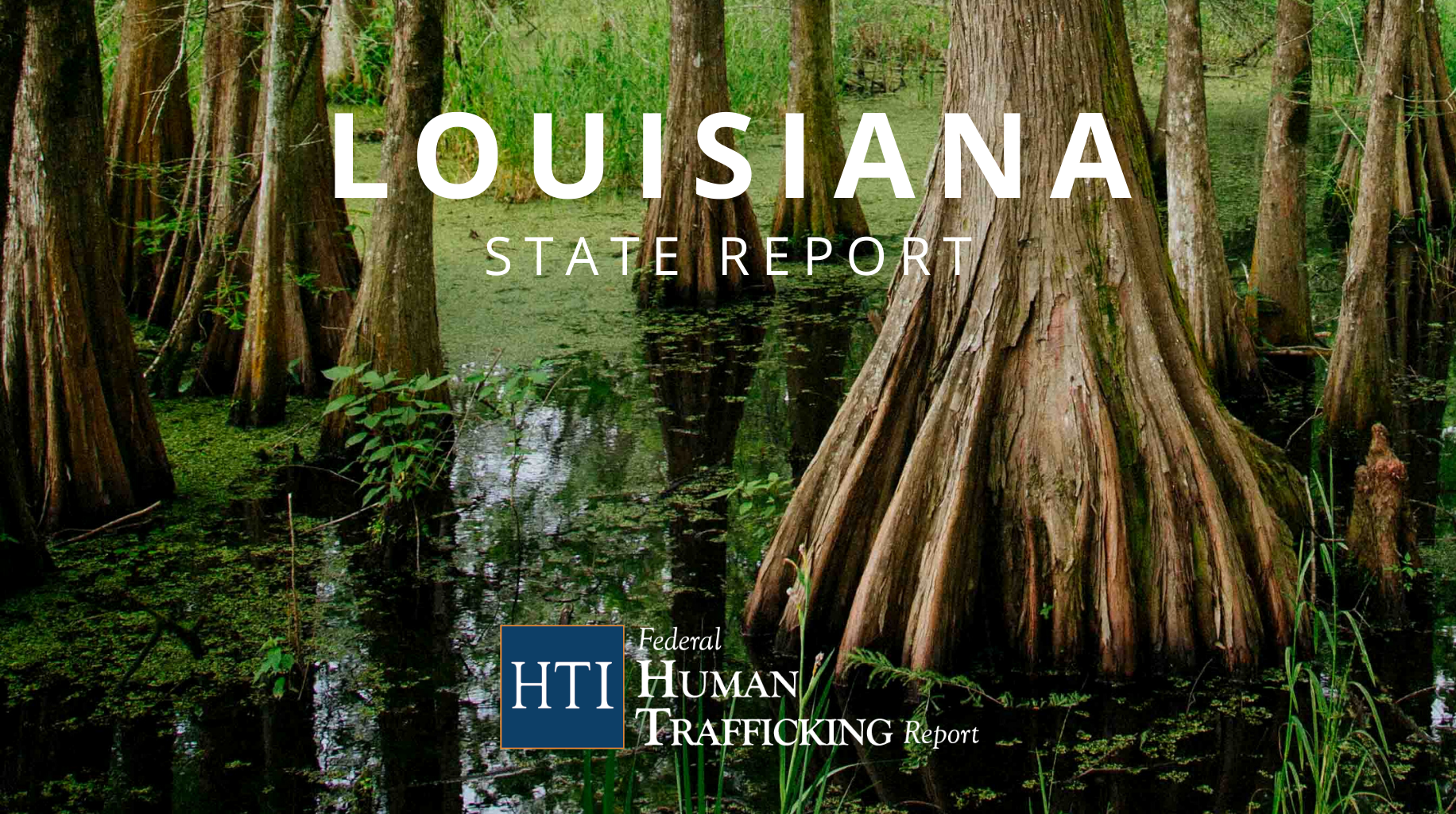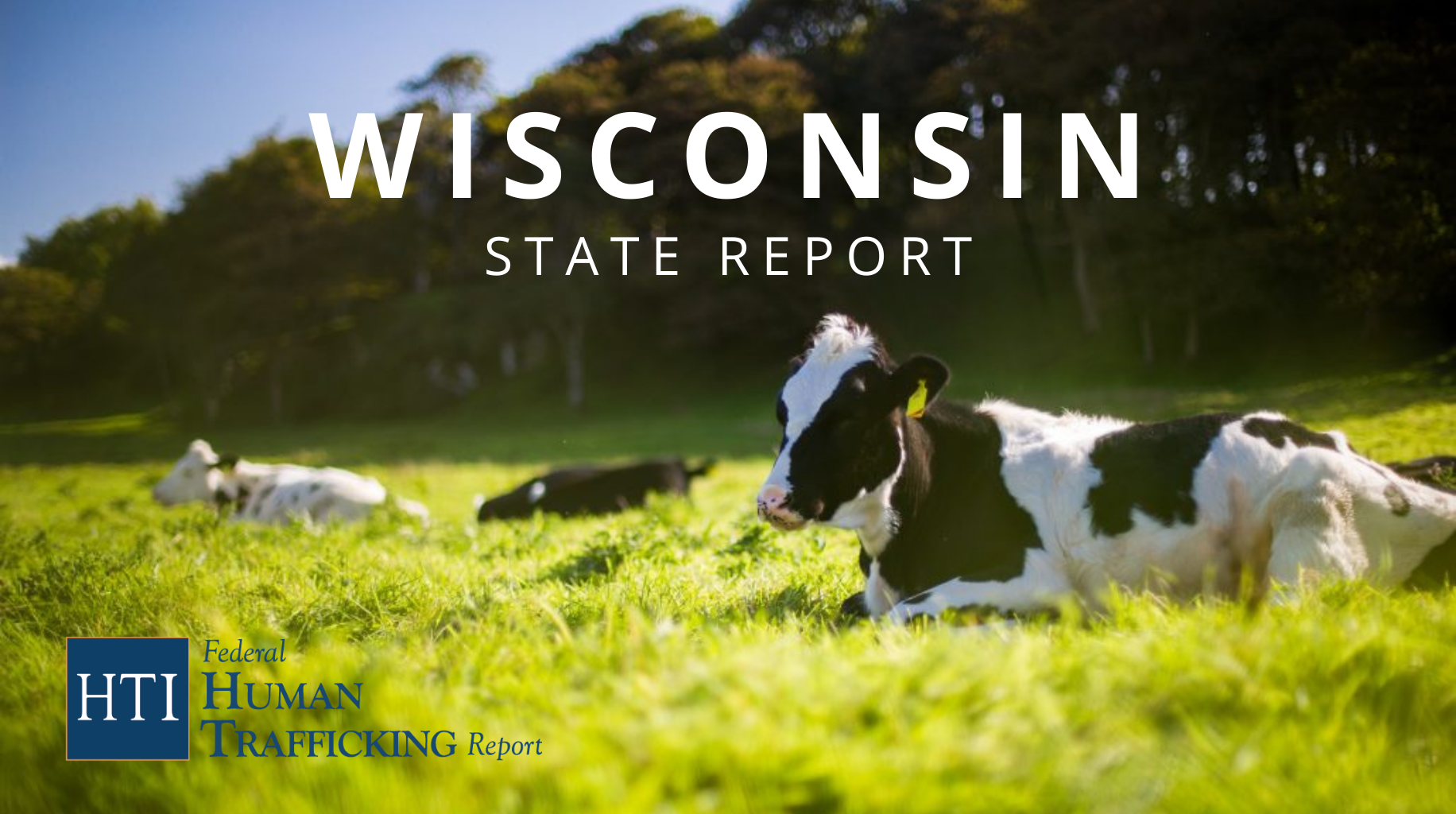Combating Human Trafficking in Louisiana and Wisconsin: A Data-Driven Mission
Human trafficking presents complex legal and human rights challenges across the United States, and both Louisiana and Wisconsin reflect individual patterns of this problem. In recent years, cases have emerged from urban centers to rural corridors, requiring more attention and real data. While arrests and prosecutions differ by jurisdiction, adequate intervention starts with understanding the roots of exploitation, from interstate that direct victims to local vulnerabilities, the scale of human trafficking in Louisiana reveals a critical need for regional coordination and survivor-centered justice.
Statistical trends have shown a consistent reality of human trafficking in Louisiana, particularly near main transportation hubs like New Orleans and Baton Rouge. Interstate 10 has become a general corridor for traffickers, building urgency for data sharing between national and state agencies. Victims in this region usually come from underserved sets or are displaced youth, making prevention and early detection especially vital. Advocacy networks have urged lawmakers to strengthen support services and data transparency, as well as expand training for law enforcement to recognize trafficking indicators in real-time operations.

Wisconsin’s Evolving Trafficking Response
Wisconsin, while less publicized in national headlines, faces equally urgent challenges with trafficking. Interstate highways connecting Milwaukee, Madison, and rural counties have helped the discreet movement of victims. Courts and NGOs have highlighted the importance of survivor testimony, trauma-informed practices, and forensic interviewing. As more resources are directed toward justice reform, academic campaigns have also expanded to reach schools, hospitals, and hospitality sectors. A clearer understanding of human trafficking in Wisconsin helps inform policy improvements that are both victim-sensitive and enforcement-focused.
The Power of Cross-State Legal Strategies
Legal professionals across Louisiana and Wisconsin have begun adopting shared strategies to hold traffickers accountable. Federal prosecution models have gained traction, particularly in cases where inter-jurisdictional cooperation is necessary. Both states have improved their use of specialized trafficking courts and victim-witness support services. In tandem, research institutions have been instrumental in mapping legal gaps and offering legislative recommendations grounded in real-time data. These legal frameworks are vital for creating sustained change and deterring organized trafficking networks.
Evidence-Based Research Driving Policy Innovation
Academic institutions, law centers, and nonprofit agencies continue to drive the momentum behind trafficking reform through rigorous investigation. Case data, arrest reports, and survivor interviews provide invaluable insight into the mechanics of trafficking. Independent evaluations and the U.S. TIP Report rank states by effectiveness, encouraging transparency. Studies rooted in human trafficking research allow policymakers to measure the impact of new laws and assess where resources are under-deployed. The emphasis on statistical analysis ensures that justice responses remain nimble, scalable, and grounded in facts.
Engaging Students and Professionals Through Career Paths
Those pursuing careers in criminal justice, law, or nonprofit advocacy are finding impactful roles through internships and legal fellowships. Current openings across states emphasize data collection, legal case support, and victim services. A growing number of universities and organizations are offering courses and practicum placements related to human trafficking in Wisconsin, giving students hands-on experience with evidence and reform practices. These roles prepare emerging professionals to lead future efforts while contributing immediately to ongoing investigations, outreach programs, and survivor care strategies.

Empowering Action Through Advocacy and Employment
Mission-driven employment in anti-trafficking sectors continues to expand. From public defenders to social workers, those seeking purpose-filled work are contributing to frontline efforts. Nonprofit roles tied to data management, litigation, and survivor navigation are especially critical in both Louisiana and Wisconsin. As federal funding for victim services grows, more entities are hiring for outreach and program development tied to human trafficking in Louisiana, reinforcing community-based responses. These jobs represent more than employment—they are mechanisms of justice, healing, and prevention.
Building a Human-Centered Framework of Reform
All reform efforts must be guided by dignity, not dramatization. Survivor-led models and trauma-informed protocols are shaping how agencies respond to trafficking cases. Avoiding harmful language, focusing on agency and consent, and funding long-term healing services are central to sustainable reform. Both states are making progress in implementing survivor advisory boards and feedback loops into policy creation. This shift in narrative confirms that victims are never re-exploited through the systems developed to protect them, solidifying a more honest response to a complicated crime.
Conclusion
Addressing human trafficking in the United States needs a coordinated, data-informed, and extremely human response. Whether tracking cases across Louisiana’s highways or studying recruitment tactics in Wisconsin’s suburbs, a holistic approach must drive policy and practice. Midwestern resilience and Southern advocacy are shaping more equitable legal strategies. To continue building momentum, professionals and advocates can access research, careers, and impact reports through platforms such as traffickinginstitute.org, where open data and policy tools support systemic change. Through transparency, collaboration, and survivor-led reform, meaningful progress remains possible.

.jpeg)
Comments
Post a Comment